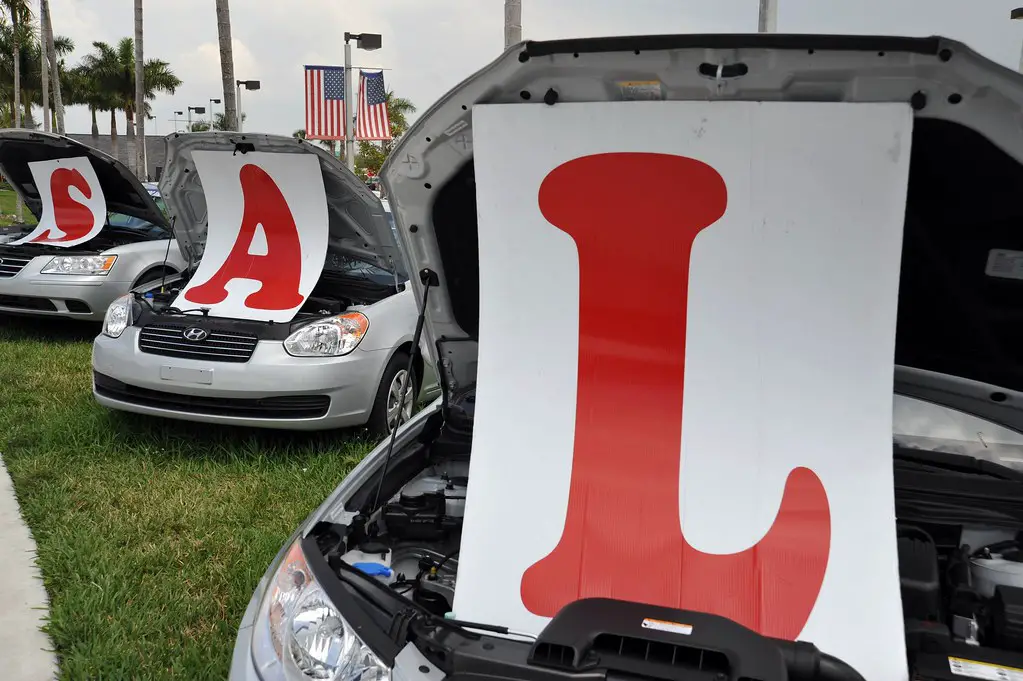Are you a car enthusiast looking to navigate the world of selling or buying used cars? Whether you’re a beginner or a seasoned car lover, understanding the intricacies of getting the best deal is crucial. From evaluating offers to negotiating prices, we’ve got you covered with these expert tips.
Who Pays the Most for Used Cars?
One of the most common questions in the used car market is: “Who pays the most for used cars?” The answer isn’t as straightforward as you might think. The payout varies depending on factors like the car’s make, model, and its selling history. Some companies base their offers on a vehicle’s popularity and sales performance. If a car has a strong selling history, you’re likely to receive a more lucrative offer; otherwise, the offer might be less enticing.
To maximize your earnings, consider this savvy strategy: gather offers from various sources and compare them. The differences can often amount to around $3,000 for a car with a $20,000 full retail value. For instance, if your car’s value is estimated at $20,000, expect offers ranging from $15,000 to $18,000. Opt for the offer that promises the most substantial return and sell your car to that particular company.
While selling your car at a loss is inevitable, avoid letting companies take even more from your pocket. If you firmly believe your car’s value surpasses the initial offer, don’t hesitate to negotiate for an extra $500 or $1,000. The success of this negotiation depends on how badly the buyer wants your vehicle. According to our research, both Carvana and CarMax consistently offer the best payouts for used cars, making them top contenders in the race for the highest payout.
Mastering the Art of Selling Your Car
Selling your car requires finesse. Follow these tips to ensure you’re well-prepared for a successful transaction:
1. First Impressions Matter
The saying “don’t judge a book by its cover” doesn’t apply in the automotive world. A clean, well-maintained car creates a positive first impression on potential buyers. Dedicate time to thoroughly cleaning both the interior and exterior. A sparkling car not only enhances its perceived value but also invites higher offers.
2. Have Maintenance Records Handy
Transparency builds trust. Having maintenance records readily available demonstrates your commitment to keeping the car in top condition. Prospective buyers will be more inclined to agree to your asking price if they see a history of diligent maintenance.
3. Price It Right
Research the market value of your car using reputable sources like Kelley Blue Book or Edmunds. While setting a reasonable price is essential, leave a bit of room for negotiation. A flexible stance can help bridge the gap between your price and the buyer’s budget.
4. Write an Attractive Ad
Craft an appealing online ad that showcases your car’s unique features, its current condition, and any additional perks. High-quality photos from various angles further pique potential buyers’ interest, increasing the likelihood of receiving competitive offers.
5. Choose the Right Platform
Selecting the right platform to advertise your car is essential. General sites like Craigslist and specialized platforms like Autotrader cater to different audiences. For rare or classic vehicles, platforms catering to enthusiasts might yield better results.
Negotiation Tactics for Successful Transactions
Whether you’re selling or buying a car, mastering the art of negotiation can make a substantial difference:
1. Be Informed
Knowledge is power. Whether you’re the buyer or seller, knowing the car’s market value arms you with essential negotiation leverage. This awareness prevents you from agreeing to unfavorable terms.
2. Stay Calm and Patient
Negotiations can become tense. Keep your emotions in check to ensure rational decision-making. Staying composed increases the likelihood of reaching a favorable agreement.
3. Be Ready to Walk Away
Negotiation involves give and take. If the deal isn’t aligning with your expectations, be prepared to walk away. This willingness might prompt the other party to revise their offer.
4. Bundle Up
Bundling services or accessories can sweeten the deal. Sellers could offer a service package, while buyers might suggest purchasing an extended warranty at a discounted rate.
5. Confirm Payment Methods
For security reasons, prioritize safe payment methods. Cashier’s checks or bank wire transfers are more reliable than personal checks, which carry the risk of bouncing.
Navigating Scams and Fraud
In the digital age, scams are a concern. Protect yourself by following these precautions:
1. Beware of Overpayment Scams
Exercise caution when dealing with overpayment scenarios. Scammers may send a check exceeding the car’s price and ask for a refund. Unfortunately, once you refund the excess, their check bounces.
2. Always Meet in Public Places
Safety is paramount. When meeting a potential buyer or seller, opt for public places. This reduces the risk associated with private encounters.
3. Never Share Personal Information
Guard your personal information. Only disclose the necessary details directly related to the sale. Scammers can exploit personal information for fraudulent activities.
4. Trust Your Gut
Intuition is a valuable tool. If a deal appears too good to be true or if something feels off, trust your instincts and proceed cautiously or walk away.
5. Use Escrow Services for Expensive Transactions
For high-value transactions, consider using an escrow service. This neutral third party ensures both parties fulfill their end of the agreement. Funds are held in escrow until the car is successfully delivered.
Navigating the world of car transactions requires savvy and knowledge. By implementing these tips, you’re well-equipped to secure the best value in your deals. Prioritize safety in every step, from financial exchanges to face-to-face meetings. Successful transactions hinge on preparation, awareness, and a touch of intuition.

